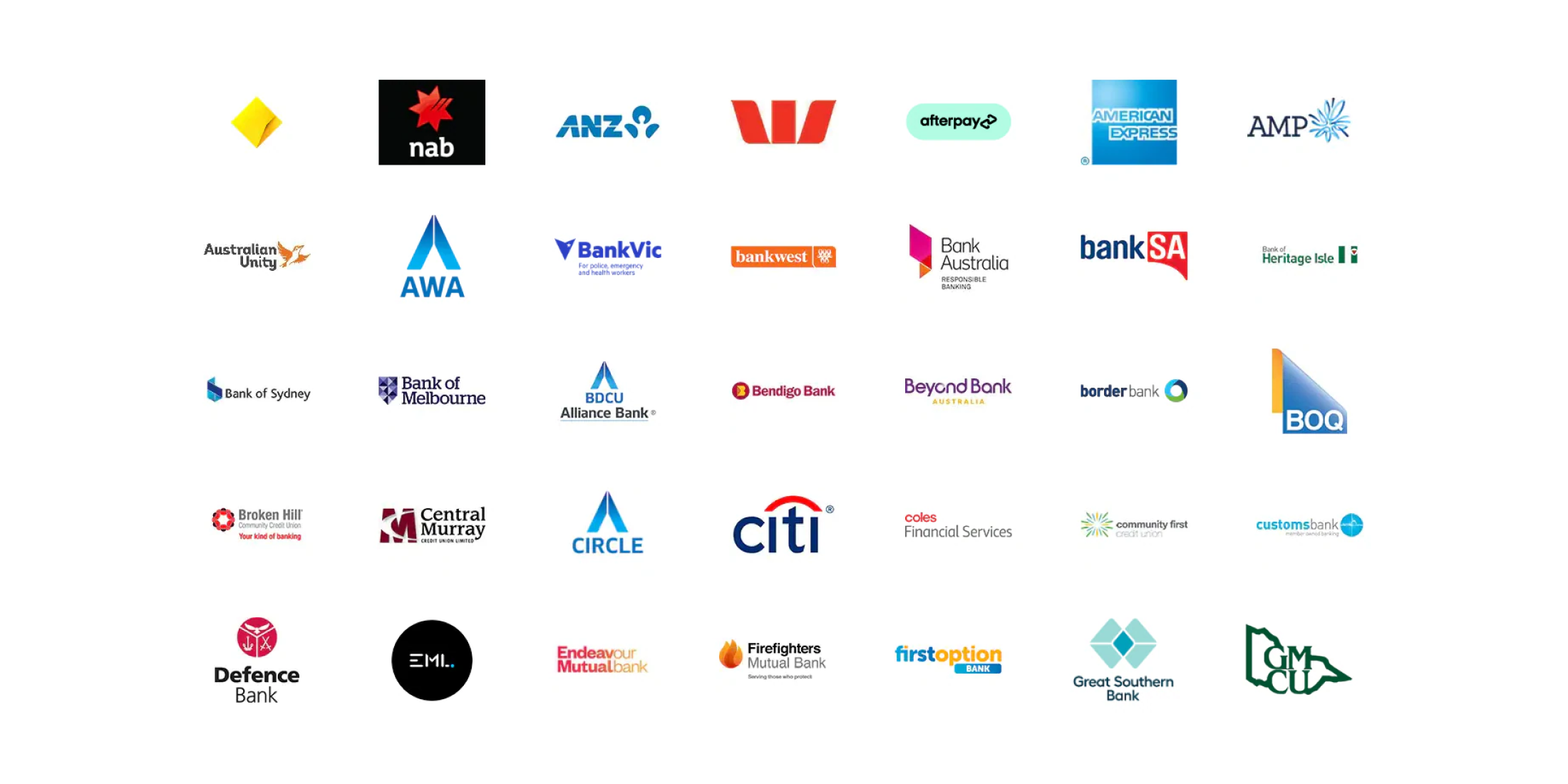For most people, securing a mortgage is one of the most significant financial decisions they’ll make in their lifetime. The choice between using a mortgage broker or working directly with a bank is a crucial one, and it comes with its own set of pros and cons.
In today’s real estate landscape, first-time homebuyers are encountering unprecedented obstacles on their path to home ownership. Skyrocketing property prices, coupled with the ever-increasing cost of living, are making it increasingly challenging for young individuals and families to enter the housing market. The complexities of securing a mortgage can add an additional layer of stress to an already daunting process. It’s in these situations that the decision between using a mortgage broker or working directly with a bank becomes even more crucial.
Understanding the pros and cons of each option is essential for navigating these challenging waters and making the dream of home ownership a reality. In this article, we’ll explore the advantages and disadvantages of both options, shedding light on the role of mortgage brokers, how they’re compensated, and the dynamics between banks and customers when it comes to securing a home loan so that you understand which one may be most suitable for you.
Mortgage brokers and the mortgage marketplace
Mortgage brokers play a pivotal role in the real estate and property industry. They are intermediaries between potential homebuyers and the lenders who provide the financing. One of the primary advantages of using a mortgage broker is that they can grant you access to a vast array of mortgage and lender products from various banks and institutions. Unlike a bank, which will only present you with their in-house loan options, mortgage brokers have access to a broader range of mortgage products available in the marketplace. This is particularly beneficial when you’re looking for specific terms, interest rates, or features tailored to your unique financial situation.

A good mortgage broker will personally help you navigate through your options.
Payment structure: Who foots the bill?
One common misconception about mortgage brokers is that their services come at an extra cost to the borrower. In reality, the broker is not paid by you, the home or property buyer. Instead, brokers receive their compensation from the banks or lending institutions whose products they recommend and ultimately facilitate. This fee is commonly referred to as a “finder’s fee” or a “lender’s commission.” It’s important to note that this compensation structure does not affect your mortgage’s interest rate or closing costs. In essence, the service provided by the broker is a valuable resource that you can access without incurring additional expenses.
Since brokers earn a commission based on the products they recommend, there may be an incentive to promote loans that offer higher commissions rather than those that are truly the best fit for the borrower. However, reputable mortgage brokers take precautions to mitigate this conflict of interest. They are bound by professional codes of conduct and have a legal obligation to act in the best interest of their clients, prioritising your needs over their commissions. As a result, borrowers can generally trust that brokers are committed to securing a mortgage that aligns with their financial circumstances and objectives. To ensure transparency, it’s essential to establish a clear understanding of the broker’s compensation structure and enquire about any potential incentives related to the loan products they present, thus reinforcing the importance of working with a trusted and experienced mortgage broker.
Brokers work for you
One of the significant advantages of working with a mortgage broker is that they work for you, the customer. Unlike bank loan officers, who primarily serve the interests of their respective banks, mortgage brokers are dedicated to finding the best mortgage product for you based on your specific needs and financial circumstances. They act as your advocate in the lending process, helping you navigate the complexities of mortgage options, paperwork, and negotiations.
Bank front and back books: A closer look
To understand the dynamics of mortgage offerings by banks, it’s essential to delve into the concepts of “front book” and “back book.” These terms are often used in the banking industry to describe how banks manage their lending portfolios.
Front Book: The front book represents new customers and fresh loans. Banks typically use competitive interest rates, discounts, and special offers to attract new borrowers. This is where you might find the lower rates advertised by banks. However, these attractive rates often come with specific terms, and you may need to meet stringent criteria to qualify.
Back Book: The back book consists of existing customers and their loans. Banks are less likely to offer the most competitive rates and terms to borrowers in their back book. This is because they already have these borrowers on their books, and they may be less motivated to offer the same level of competitive terms as they would to new customers. As a result, borrowers in the back book may find it challenging to secure the same advantageous terms and may end up paying higher interest rates over the life of their loan.
In practice, the competition for new customers, represented in the front book, often results in banks offering enticing rates to attract borrowers. However, many banks prioritise their profit margins and may not extend the same benefits to their existing customers, representing the back book. This is where a mortgage broker can make a significant difference.

Navigating through the various bank offers on your own can be a daunting task which is why a mortgage broker can offer value.
The Pros and Cons of Mortgage Brokers
Pros:
- Access to a broad range of lender products: Mortgage brokers can provide you with a wider selection of mortgage products from various lenders, potentially leading to better terms and lower rates.
- Personalised guidance: Brokers work in your best interest, aiming to find the most suitable mortgage based on your specific needs and financial situation.
- Time and stress savings: Brokers handle the paperwork, negotiations, and communication with lenders, saving you time and reducing stress.
- Cost-effective: Brokers are compensated by lenders, so their services don’t directly impact your wallet.
Cons:
- Potential for limited lender network: Some brokers may have partnerships with a specific set of lenders, limiting the range of options they can present.
- Commission-driven: While brokers work for your benefit, some may prioritise deals with lenders that offer higher commissions.
- Broker fees: While rare, some brokers may charge additional fees. It’s essential to clarify this with your broker upfront.
Visit our comprehensive list for help finding the best mortgage brokers of the year.
The pros and cons of working directly with a bank
Pros:
- Convenience: Working with a bank is straightforward and easily accessible, particularly if you have a long-standing relationship with them.
- Special offers: Banks may offer discounts or special promotions to their existing customers.
- Consolidated banking: Managing both your mortgage and other banking needs in one place can be convenient.
Cons:
- Limited mortgage products: Banks typically offer a limited range of mortgage products, limiting your options.
- Potentially higher rates for existing customers: If you’re already a customer with the bank, you may not receive the same competitive rates offered to new customers.
- Limited advocacy: Bank loan officers primarily serve the bank’s interests, so their advice may not be as impartial as that of a mortgage broker.
Whether you choose to work with a mortgage broker or directly with a bank depends on your unique financial circumstances and priorities. A mortgage broker can provide access to a broader range of mortgage products and work exclusively in your best interest. Banks offer convenience and sometimes special deals for existing customers. Ultimately, the decision should align with your financial goals and the specific terms and rates that best suit your mortgage needs.